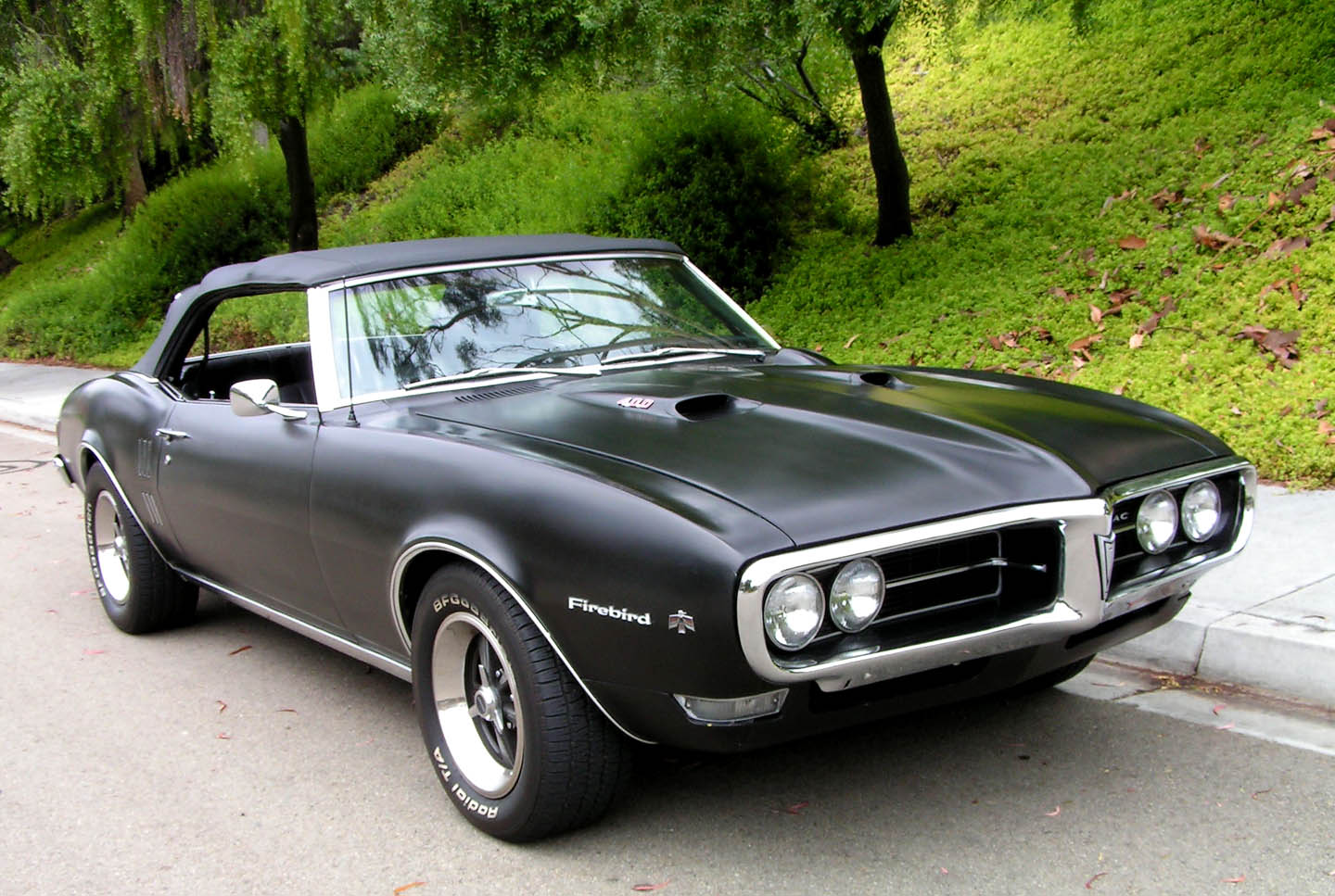

But in 1967 General Motors decided that the record-breaking sales numbers of the Mustang indicated that this pony car class might be something they need to explore. The Mustang had the pack essentially to itself since it had been introduced in 1964, other than the Plymouth Barracuda, which had been in the Mustang’s shadow since it was introduced the same year.

68 FIREBIRD FULL
Pony Car Competitionġ967 was the year the pony car wars really came into full swing. Total production for the convertible was 15,528. The convertible Firebird was available with the same options as its hardtop counterpart, and had a base price of $2,903. The base hardtop models started at $2,666, and production for the year was 67,032. Standard features on the base models of the car included all-vinyl bucket seats, a wood grain dash, full carpeting and 2-speed windshield wipers. Though its total production of 82,560 was the lowest of any pony car that year except the Plymouth Barracuda, it should be noted that sales didn’t begin until mid-season. Pontiac started out strong in the sales department its first year. The extensiveness of the options list ensured that most Firebirds were customized to their owners. On top of this and the slightly modified interior and exterior trims that came with each version of the car, Pontiac also allowed buyers to add a multitude of options to most cars, including air conditioning, power steering, power brakes, power window, AM/FM stereo, vinyl roof, and white stripe tires. At the top was the Firebird 400, a 400 CID V8 with optional Ram Air that could produce 325 horsepower. used a 4-barrel version of the previous engine and upped horsepower to 285. The Firebird 326 had, appropriately, a 326 CID V8 and produced 250 horsepower. Next was the Firebird Sprint, which contained a 4-barrel version of the same 230 six and churned out 215 horsepower. Starting at the bottom, performance-wise, was the base Firebird OHC, which was equipped with a 230 CID overhead cam six-cylinder engine that produced an relatively impressive 165 horsepower (Chevy’s 230 six was rated at 140). And Pontiac wanted to highlight the engine options, and did so by selling the car as “five exciting versions,” even though the only two official models available were a hardtop and convertible version. But the differences didn’t stop with the looks of the car.Īll five of the motors offered for the Firebird were exclusively made by Pontiac – no engines were shared between Firebird and the Camaro. The split front grille was very Pontiac, as were the slit taillights that highly resembled those of the GTO. Much of the sheet metal is shared, but that’s where most of the similarities end. While the Pontiac Firebird shares its F-body styling and other elements with its General Motors cousin the Chevy Camaro, the cars are by no means identical.


 0 kommentar(er)
0 kommentar(er)
